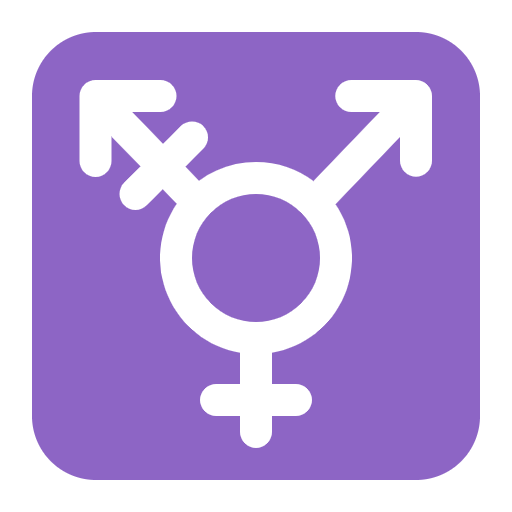Comprehensive Guide on the Name “Morgan”
Origin and Historical Background
The name Morgan is of Welsh origin, derived from the Old Welsh personal name “Morcant.” The roots of the name are deeply embedded in the rich Welsh culture, traditionally meaning “sea protector” or “sea chief.” Historically, Morgan has been used as both a given name and a surname. It has become popular in various English-speaking countries, especially in Wales and America. The name’s strong ties to the sea make it a compelling choice for families with maritime connections or a love for oceanic adventures.
Meaning and Cultural Significance
The name Morgan means “sailor,” evoking images of the sea, swashbuckling adventures, and maritime voyages. It carries an air of strength, resilience, and a connection to nature’s elements, particularly the ocean. Culturally, the name Morgan has maintained a significant presence, symbolizing freedom, exploration, and determination. Its neutrality provides flexibility and broad appeal, making it an attractive choice for both boys and girls.
Famous Historical Figures with the Name Morgan
1. Morgan le Fay
- Historical Era: Arthurian Legends (Medieval Period)
- Key Contributions: A prominent enchantress in the Arthurian legends, often depicted as a powerful sorceress and half-sister to King Arthur.
- Cultural Impact: Morgan le Fay has been a subject of numerous literary works, symbolizing mysticism, power, and complexity.
2. Morgan Freeman
- Historical Era: Modern Era (20th-21st Century)
- Key Contributions: An Academy Award-winning actor known for his deep, authoritative voice and diverse roles in film and television.
- Cultural Impact: Freeman’s performances have had a lasting impact on Hollywood and popular culture, making him one of the most respected figures in the entertainment industry.
3. Henry Morgan
- Historical Era: 17th Century
- Key Contributions: A notorious Welsh privateer who later became the Lieutenant Governor of Jamaica.
- Cultural Impact: His exploits contributed to the romanticized portrayal of pirates in popular culture and literature.
Usage Over Time
The name Morgan has seen varying levels of popularity over the centuries. In the late 19th and early 20th centuries, it was more commonly used as a male name. However, the latter half of the 20th century and the beginning of the 21st century saw an increase in its use as a unisex name. This shift coincides with a broader trend toward gender-neutral names. According to the Social Security Administration, Morgan was particularly popular in the 1990s and early 2000s, often ranking within the top 50 names for both boys and girls.
Pronunciation Guide
Morgan is pronounced as MOR-gan. The emphasis is on the first syllable, which sounds like “more,” followed by a softer “gan,” rhyming with “can.”
Biblical Context
The name Morgan does not appear in the Bible and has no direct biblical references. It is primarily of Welsh origin with no known ties to Hebrew or Greek languages common in biblical names.
Additional Unique Information
Numerology
In numerology, the name Morgan corresponds to the number 7, which is associated with introspection, analytical thinking, and spirituality.
Variations
Some variations of Morgan include Morgana (more commonly used for girls) and Morgyn.
Cultural Variants
In Brittany, a region in France with historical ties to Celtic culture, a variant is Morgane.
Popularity Information
Morgan reached peak popularity in the 1990s and early 2000s, making frequent appearances in the top 50 names for both genders in the United States. According to the Social Security Administration:
- 1990s: Consistently ranked within the top 100 for girls and boys.
- 2000s: Continued strong presence in the top 100, particularly popular as a girl’s name.
Morgan has experienced a slight decline in rankings in recent years but remains a beloved and classic choice.
Tags
This comprehensive guide should provide expectant mothers with thoughtful and thorough information on the name Morgan, assisting them in making an informed and meaningful choice for their child’s name.


